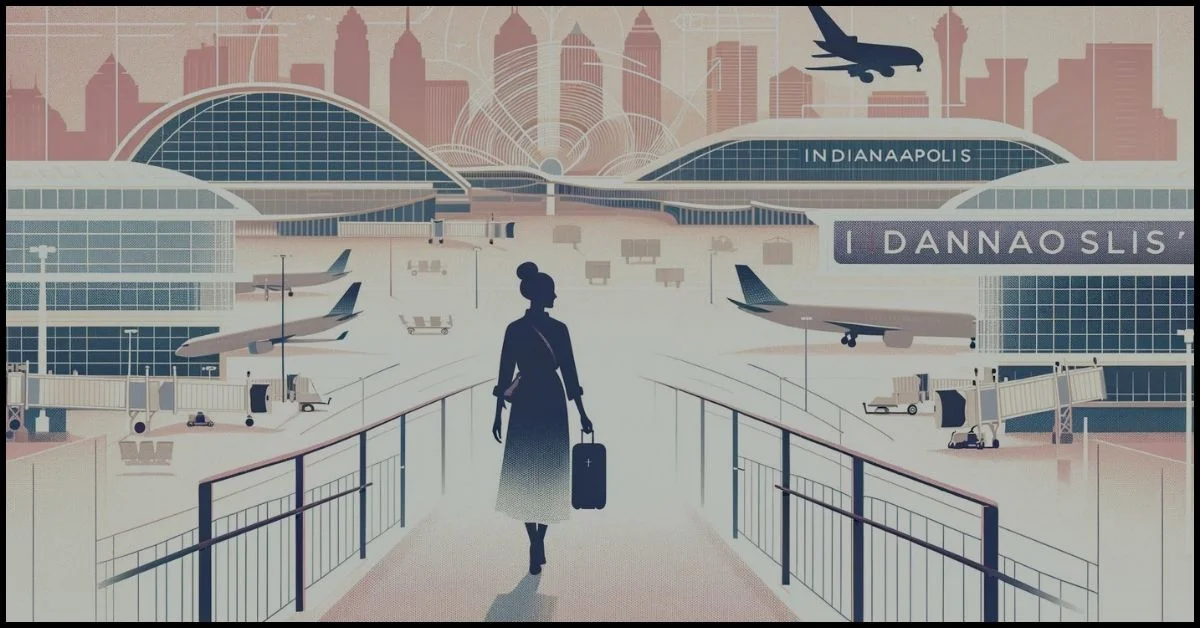The Hired Military Transport (HMT) Dunera is an emblem of one of the most tragic episodes of World War II that remains relatively unknown to many.
As the war raged across Europe and the threat of Nazi domination loomed, Britain found itself grappling with a burgeoning refugee crisis and an urgent need to secure its shores. The Dunera—a ship transformed from a passenger liner into a troopship—became an unlikely vessel of human misery.
From Luxury Liner to Prison Ship
Initially, the HMT Dunera served as a luxurious passenger liner, but as the war escalated, it was requisitioned by the British Royal Navy. Reassigned as a troopship, it would soon symbolize injustice and suffering for those onboard. The ship’s transformation from a symbol of comfort to a floating prison underscores the dramatic and unsettling shift in its role during the war.
The Injustice of ‘Enemy Aliens’
In 1940, the British government faced mounting pressure to handle the influx of refugees and potential enemy agents. The Dunera was commissioned to transport thousands of “enemy aliens”—refugees from Nazi-occupied Europe, including Jews, Italians, and Germans. Many of these individuals were not enemy agents but desperate survivors fleeing the horrors of Nazi persecution.
Among the passengers were Jewish refugees who had previously escaped from concentration camps, only to face another ordeal. They were falsely labeled as enemy agents and imprisoned without due process. The ship, filled far beyond its capacity, became a floating prison, where conditions were abysmally poor.
Conditions Aboard: A Floating Hell
The journey aboard the HMT Dunera was marked by extreme discomfort and abuse. Packed into overcrowded quarters, the internees endured stifling heat and inadequate facilities. The lack of proper sanitation and minimal provisions turned the ship into a living hell. The internees had limited or no access to fresh air, with only ten minutes per day allocated for a brief exposure to the sun. The unbearable heat and overcrowding exacerbated the dire conditions, making life aboard a relentless struggle for survival.
The Dunera Boys: Victims of Bureaucratic Blunders
The internees on the Dunera, known as the “Dunera Boys,” were subjected to harsh treatment by untrained and hostile guards. These guards, many of whom were criminals themselves, were ill-equipped to handle the situation and often mistreated the prisoners. The internees were stripped of their dignity, and the authorities largely ignored their plight. The journey’s culmination in Sydney, Australia, was not a relief but the beginning of another chapter in their suffering.
The Forgotten Story: A Lesson in Human Rights
The story of the HMT Dunera is a stark reminder of how fear and prejudice can lead to grave injustices. The mistreatment of innocent refugees, many of whom had already endured significant hardship, is a tragic testament to the failure of the international community to implement the wartime policy in true spirit and the dehumanization of individuals deemed undesirable or suspect.
As we reflect on the horrors of the HMT Dunera, it is important to remember the lessons of history and learn from them. The experiences of the Dunera Boys highlight the need for compassion and due process, even in times of crisis. Their story serves as a reminder of the impact of unjustified atrocities on poor refugees and the importance of safeguarding human rights, irrespective of the circumstances.
In remembering the dark chapters of history like that of the HMT Dunera, we honor the resilience of those who endured and reaffirm our commitment to preventing such injustices in the future.
Jews Have Horns: An Anthology of Antisemitism by Sara Pierce and Wilbur Pierce is a book about lesser-known Jewish struggles during World War II. This compelling book sheds light on hidden narratives and celebrates unsung heroes whose stories have been overlooked for too long.
Don’t miss this powerful read that challenges contemporary perceptions and broadens understanding. It’s available on Amazon.
Order your copy today!











Leave a Reply